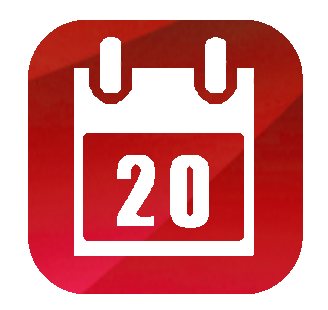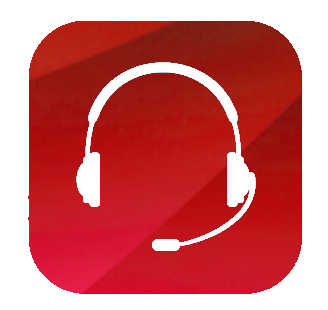If you are running a small business as a sole trader or a family partnership, keeping track of your business records (i.e. basic bookkeeping) is going to be important, not just for you but also for the ATO.
Basic bookkeeping done correctly can provide you with important information about how your business is operating and enable you to make informed decisions. At tax time, you will also need to be able to summarise your income and expenses so that you can submit your tax return to the ATO. I can tell you from personal experience, that leaving the bookkeeping until the last minute is a very costly exercise and it will deprive you of the information you need to manage your business.
If you are new to bookkeeping, trying to grasp the bookkeeping basics can be like trying to learn a dead language. It is all foreign and it can seem impossible to understand. But if you want to start or run your own business, you need to gain at least a rudimentary knowledge of basic bookkeeping.
The Basic Bookkeeping (Accounting) Equations
There are two basic underlying concepts in accounting and bookkeeping.
The first is:
Profit = Revenue (Sales) – Expenditure
and the second,
Assets = Liabilities + Equity
The expectation of the second equation is that assets will exceed the liabilities of the business. Equity is, in effect, a balancing item. If the business is doing well and sales revenue exceeds expenditure, the business will make a profit.
If we use a cash-based business as an example, the cash flows into the business will exceed the cash flows out and as a result, the cash assets of the business will increase. At the same time, the owner’s equity in the business increases as well by the amount of the profit.
Conversely, if sales revenue is less than expenditure, the business will make a loss. Where the cash flowing in is less than the cash flowing out and as a result, the cash assets of the business are reduced. At the same time, the owner’s equity is reduced by the amount of the loss.
Accounting Methods
There are two primary methods of accounting:
- cash accounting or single-entry bookkeeping and
- accrual accounting which is also called double-entry bookkeeping.
Cash accounting is an accounting method that only recognizes cash transactions as and when they occur. For example, a sale on credit is not recognized until the account is settled and the cash is received by the business. Non-cash transactions such as depreciation are not recognized at all with this accounting method.
Accrual accounting or double-entry bookkeeping is an accounting method that recognizes transactions at the time the commitment is made. For example, a sale made to an account customer is recognized when the sale is agreed to rather than when the cash is received. This accounting method also recognizes non-cash transactions such as depreciation on assets.
Which Method to Choose
Cash accounting is easier to manage than accrual accounting. But by using this method you will lose a great deal of information about your business. Cash accounting does not account for credit transactions. You will not be able to track customer accounts or creditor accounts.
If you are a sole trader operating a cash business, cash accounting would be a reasonable choice. However, if you intend to buy or sell on credit, or if you carry inventory from one month to the next, accrual accounting is the better choice.
Basic Bookkeeping Tips
First tip; separate your business finances from your personal finances. If your bookkeeper or accountant has to spend time sorting through a box of receipts to work out which ones are business expenses and which are personal, it is going to cost you!
Open a separate bank account and keep all of your business-related receipts separate from your household bills.
Tip number two: Get receipts for everything especially when you pay cash. If you cannot substantiate your expenses the tax office may not be very happy with you! If the receipt does not include details of the purchase, write a note on the back and date it. That way you will be able to correctly categorise the expense when it comes time to do the books.
Tip number three: If you do not have experience with basic bookkeeping it is well worth considering hiring someone. Ask a professional to set up your bookkeeping systems for you. It may save you a lot of heartache in the long run!





